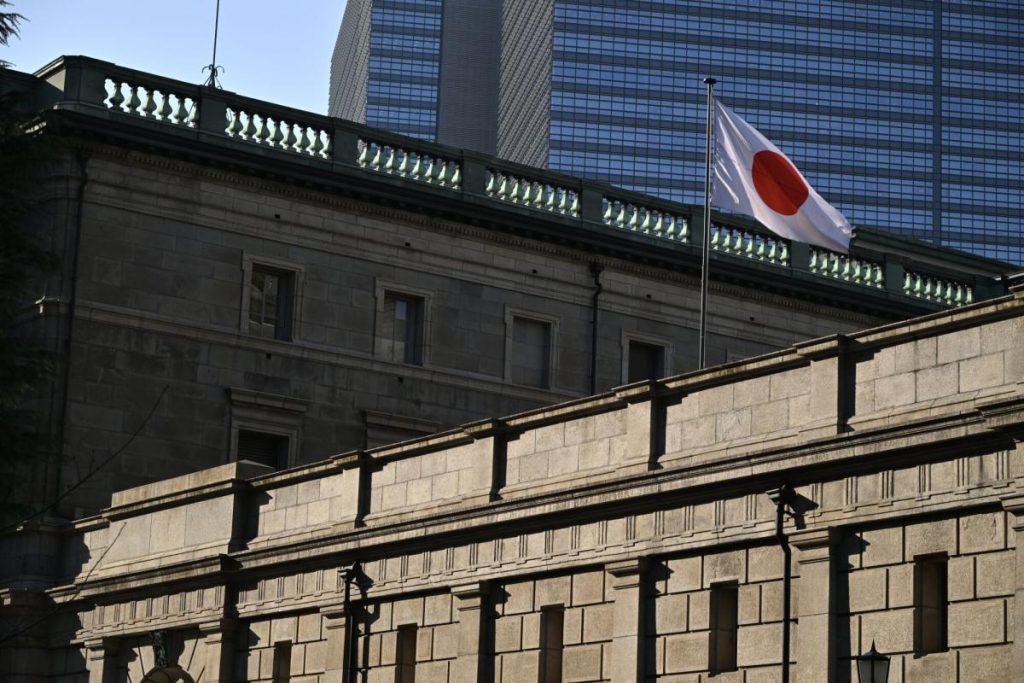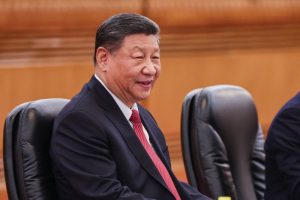
(Bloomberg) — Investors are increasingly using European currencies, rather than the dollar, to fund bets on the Japanese yen as they look to profit from the diverging path for interest rates across major economies.
Most Read from Bloomberg
Dollar-based strategies are being tested by the uncertainty Donald Trump’s trade tariff plans have unleashed on markets. Investors are questioning whether the US president’s proposals will prove a bullish driver for the greenback, or turn out to be more of a negotiating tactic.
Vanguard Asset Management, Russell Investments, RBC BlueBay Asset Management and Candriam SA are among those favoring a variety of trades reflecting this theme, such as shorting the euro, the Swiss franc and the pound against the yen. That’s because they are viewed as offering bigger returns and as safer than betting against an increasingly unpredictable dollar.
“One way of playing the yen trade without necessarily having the dollar risk is to put it on versus the crosses,” said Adrian Boehler, global head of macro distribution at UBS Group AG. “People are opting to express a higher conviction trade around the yen without the headline risk associated with Trump by steering clear of straight dollar/yen.”
After roughly half a decade of broad weakness, the yen finally appears ready to change its reputation as a low-yielding currency. The Bank of Japan has flagged that it will keep raising interest rates from 0.5%, acknowledging that Japan is no longer in deflation.
Investors are particularly keen to back the yen against currencies in Europe, given that many countries in the region face the prospect of aggressive rate cuts to support their economies, just as the BOJ is poised to tighten further. The prospect that Europe may need to boost defense spending in the wake of a potential Russia-Ukraine ceasefire is a further drag on the euro, which weakened on Monday.
Traders see the European Central Bank making at least three more quarter-point rate cuts this year, compared to just one from the Federal Reserve, a pattern likely to weaken the euro. Meanwhile in Japan, signs of increasing wage growth have bolstered expectations that the BOJ will raise rates at least once more in 2025. The nation’s gross domestic product data on Monday also showed the economy outperformed forecasts, logging its third straight quarter of growth and boosting the Japanese currency.



